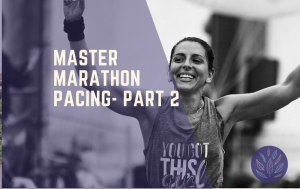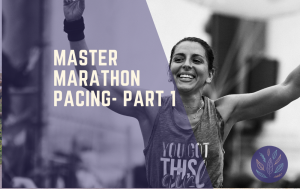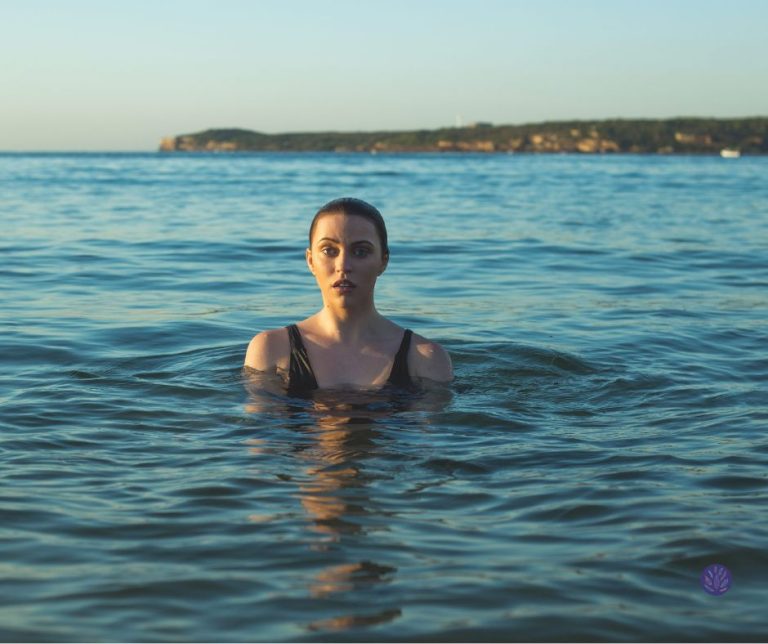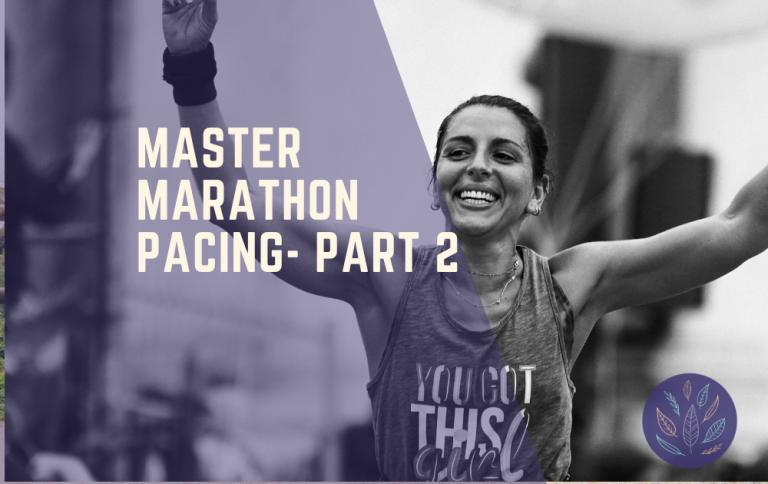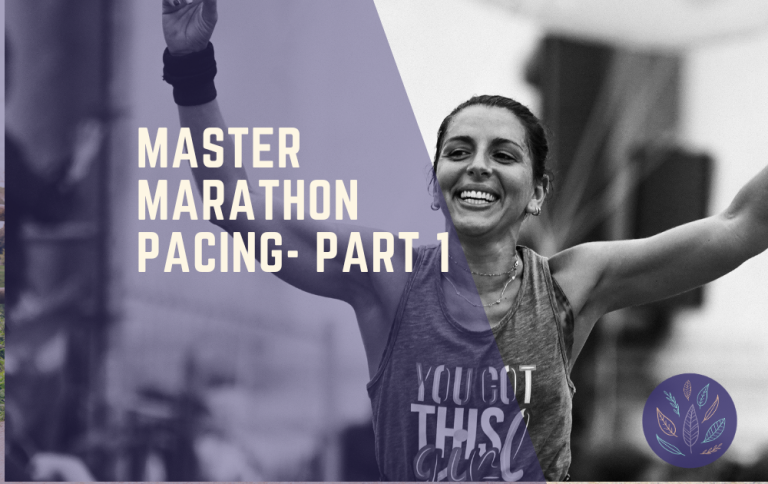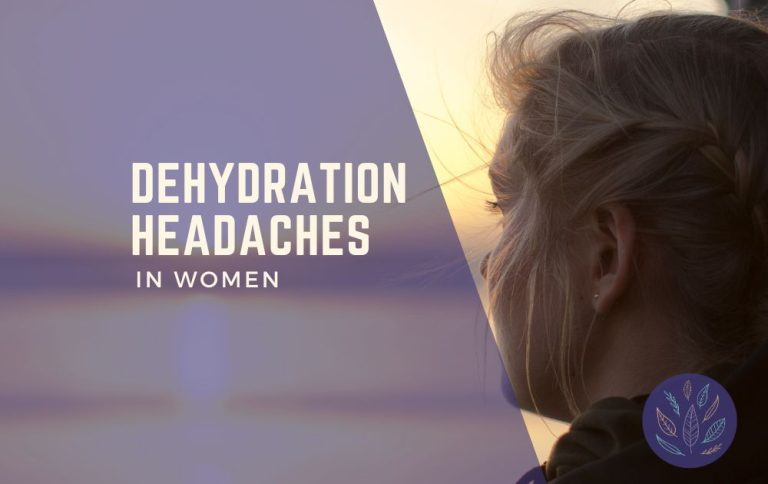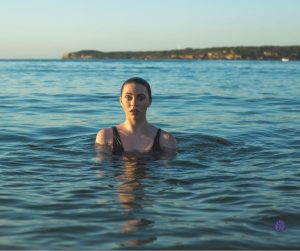
With any goal or challenge, a holistic approach to race preparation can help. It is never too early to start planning. Training for a key event is no different, and you may just be surprised at what else you learn about yourself along the way.
As discussed in an episode of “On Purchase” podcast (with Jay Shetty), growth comes through the process of becoming uncomfortable in situations which challenge and stretch us. Being comfortable with being uncomfortable is a skill everyone needs to work at in order to achieve any goal. It isn’t the goal that satisfies our thirst necessarily but rather what we become as a person in the process of working towards a goal.
Jay suggests being too comfortable or casual may lead to complacency and “crashing”. The opposite is also true.
Building curiosity around new experiences and challenges that take you out of your comfort can lead to competence. When speaking to retired elite athletes, 99% suggest it was building the competence in their chosen sport, inner strength and resilience that paved the way to a fulfilling career, not the medals or accolades they received for their achievements.
“You don’t have to be great to start but you have to start to be great” Zig Ziglar
In our Holistic Health and Performance Women’s Mentoring Program we ask the hard questions – what are you willing to consider that will take you out of your comfort zone? What are you curious about but haven’t acted on just yet?
There’s so much more that goes into race preparation, and the earlier you can start the better. A holistic approach ensures all the building blocks are in place ahead of time.
So, what do you need to think about? A holistic approach will consider your overall mental and physical health, work/life balance, nutrition, training and much more. Let’s break it down:
Start by examining your nutrition
This is a great place to start. Time to be self-reflective.
Through our diet, we are either feeding inflammation or fighting it. We are also either eating for performance or inhibiting performance through poor food choices. There are some great online food diaries to help you track your nutritional profile such as My Fitness Pal, or Cronometer. Some of the key questions to ask yourself are:
- Are you getting enough quality protein, carbohydrate and fats in your diet?
- Is your overall energy intake adequate for your training requirements?
- Are you lacking in any food groups e.g. dairy. If so how are you compensating for this?
- Are you restricting or overeating food intake or lacking overall balance in your diet?
- Are you taking note of how you feel after consuming different foods? e.g bread makes you feel tired
Work/Life Balance
This is always key. Training for big events can involve a lot of sacrifice, not only for you but for those around you. It takes time and energy, and the physical demands are high. Finding work/life balance can be incredibly tricky -particularly when you’re trying to fit your training and prep around a busy work and family life.
Some key points to help you navigate this and keep stress levels as low as possible include:
- Communicate your goals and plan openly with your family and friends,
- Try to be flexible with your training regime to meet other commitments that you may have,
- Avoid being obsessive with your training and event performance, include flexibility in your mindset and focus on progress over perfection
- Factor in adequate downtime for yourself. This may be as simple as rest time, an hour with a good book or some time with friends.
Work on preventing illness
Our immune system is equipped with a multi-tiered response to do battle with foreign invaders 24/7 but a poor diet, stress and overtraining can significantly reduce our immune system’s ability to fight infection. This leads to more frequent colds and missed training and racing opportunities. There are many ways to keep your immune system robust.
(Read our blog > How Robust is Your Immunity?)
Manage your mental health
This one is vital. Training for a big event can becoming all consuming, especially when you’re juggling multiple demands of your time. Stress can be compounded if you’re dealing with unexpected disruptions to your training plan, such as illness or injury.
It’s so important for you to master ways to manage the stresses of each of the elements of your life – including your training regime. Some days that means accepting you simply can’t do everything you’d like to in a day.
Build resilience
Let’s get real- some days will be hard. Working on building resilience and perseverance are key elements of meeting those long, sometimes hard, training sessions – and the road to meeting your goals.
“Resiliency is the ability to face setbacks, failures, crises, and pain (both emotional and physical) with confidence and courage. It is the ability to quickly bounce back from our trials and tragedies. It’s the quality that keeps us from giving up, even when the going gets rough. It’s the ability to stick with something through thick and thin and the power to overcome the temptation to bail out when things stop being easy.” (from “Building Your Resiliency”)
Perseverance is the continued and steadfast effort towards a goal despite difficulties and setbacks. Resilience is what makes you pick yourself up; perseverance is what keeps you moving forward.
Are you ready to take on a holistic approach to performance?
Our Women’s Holistic Health and Performance Mentoring Program designed for endurance runners encompasses all of the elements that align for success – whether it be your next main event or life. Want to know more about this? I’d be really happy to have a chat with you in readiness for the second half of the year.
About the Author: Kate Smyth is a Sports naturopath, nutritionist and female-centric running coach. She is the founder of the Athlete Sanctuary- a holistic healthcare clinic for athletes of all levels and sporting codes. Kate has a thirst for knowledge with two bachelor’s and a Master’s degree under her belt. She has been involved in sports for many decades and competed for Australia in the Commonwealth Games and Olympic Games marathons with a personal best time of 2 hours 28 minutes. For more information visit www.https://https://athletesanctuary.com.au/wp-content/uploads/2023/03/normatec-3-lower-body-system-thumb_720x-1.webp.com.au/wp-content/uploads/2020/05/Seed-Cycle-Blends-scaled-1.jpg.com.au
- Categories: Athletes, Athletes, Goal setting, Latest News, Resources, Women's Health


